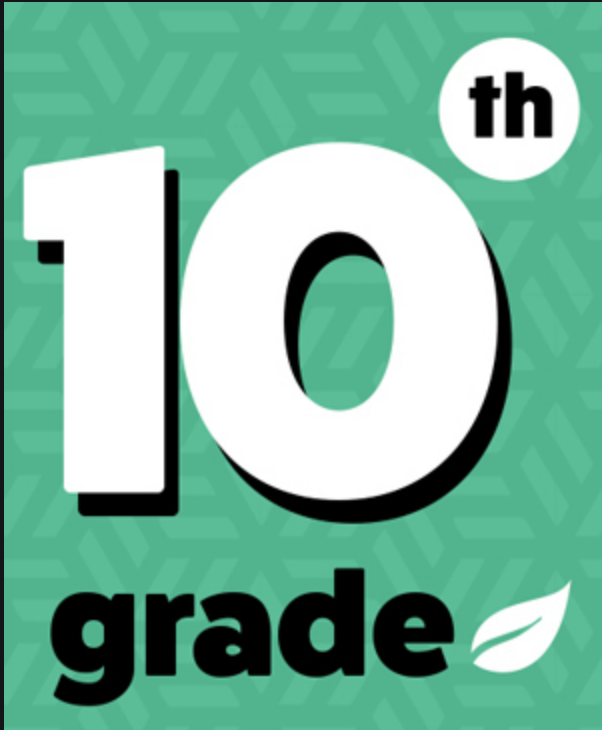Summer can be the perfect time to explore potential majors and career options; delve more deeply into current interests; develop your talents; gain valuable experiences that might appeal to college admission officers; expand your horizons; and improve important skills (e.g. reading, writing, math, and study) that can help you on college entrance exams and throughout your life.
Summer programs, online courses, self-study, internships, employment, and volunteering are just some of the ways to engage your mind and make your summer productive.
Summer programs for high school students range from enrolling in an academic course at a local college to pursuing a specific program far from home. With thousands of potential options to choose from, and program costs ranging from free to thousands of dollars, finding summer programs that are a personal good fit can be confusing and overwhelming.
These tips can help you identify summer programs that may be right for you:
Consider Your Goals –
- If you are a student-athlete looking to be recruited, seek out showcase programs attended by college coaches.
- If you are contemplating a specific major or career (e.g. business, engineering, scientific research, journalism, medicine, military), investigate programs to test and/or enhance your interest.
- If you are eager to demonstrate that you can be successful at college-level work, consider a rigorous program in an area that interests you.
- If broadening your horizons through travel, adventure, cultural immersion, and/or community service is important to you, explore opportunities of interest — nearby your home and/or throughout the world.
- If your time would be best spent improving fundamental skills such as reading, writing and math consider an academic program that will help you make meaningful progress.
Consider Your Budget –
- Programs range in cost from free (e.g. military academy summer sessions; Telluride Association Summer Program; Udacity; edX) to many thousand dollars (e.g. Harvard, Georgetown, Brown, Cornell, Northwestern, Stanford).
Consider Your Schedule –
- Programs range from a few days to six or more weeks. Keep in mind that it is hard to accomplish anything meaningful in a short period of time.
- Many students pursue more than one summer activity.
Get an Early Start on Your Research –
- Many selective programs have early application deadlines. Interested students should track deadlines and admission criteria.
Understand Selectivity –
- Programs range from “pay to play” (e.g. accepting most of those who apply) to extremely competitive. You’ll find many in between. A bit of research can help you gauge selectivity and estimate your likelihood of acceptance.
- Don’t assume that a prestigious college venue corresponds with a highly prestigious program.
Don’t Assume that Attending a Summer program Will Help you Gain Admission to the Host College –
- Often summer program information explicitly states that attending a campus program is not a steppingstone for admission. However, attending a summer program at College X might help you decide that College X is, or is not, right for you.
- Many colleges host summer programs on their campuses that are sponsored by other organizations. For example, Summer Discovery Programs are offered at U Michigan, Georgetown, UCLA, U Penn, Emerson, and other schools.
Beware of Invitations to Leadership Programs –
- Many students receive official-looking correspondence congratulating them on their being selected to apply to a prestigious-sounding leadership development program. Research these programs carefully before pursuing them. Many are considered “pay to play” and are generally not impressive to college admissions officers.
Think Twice Before Paying Extra to Earn College Credits –
- Some programs allow you to earn college credits. Find out about credit transferability before paying a premium to enroll. You may learn that relatively few students have been able to successfully transfer credits earned.
As part of my college consulting practice, I frequently help students identify and select summer programs. Here are just a few programs and resources that may be helpful for you to explore:
- Teen Life – Summer Programs
- Prepare for MIT – Summer Programs
- Enrichment Alley
- The Road Less Traveled
- Rustic Pathways
- Summer Discovery
- Rose –Hulman – Operation Catapult
- Telluride Association Summer Program (TASP)
- edX
- Coursera
- University of Nebraska Online High School
- Rassias Language Immersion
- Young Scholars Program at FSU
- Young Entrepreneurs for Leadership at UF
- COSMOS (Santa Cruz and other U Cal campuses)
- Stanford Institutes of Medicine Summer Research Program (SIMR)
- MIT Research Science Institute
Author: Lynn Radlauer Lubell is the Publisher of InLikeMe.com, and the Founder of Admission By Design, a College Consultancy, based in Boca Raton, Florida.

Lynn Radlauer Lubell, Publisher of InLikeMe.com and Founder of Admission By Design, an Educational Consultancy based in Boca Raton, Florida.


